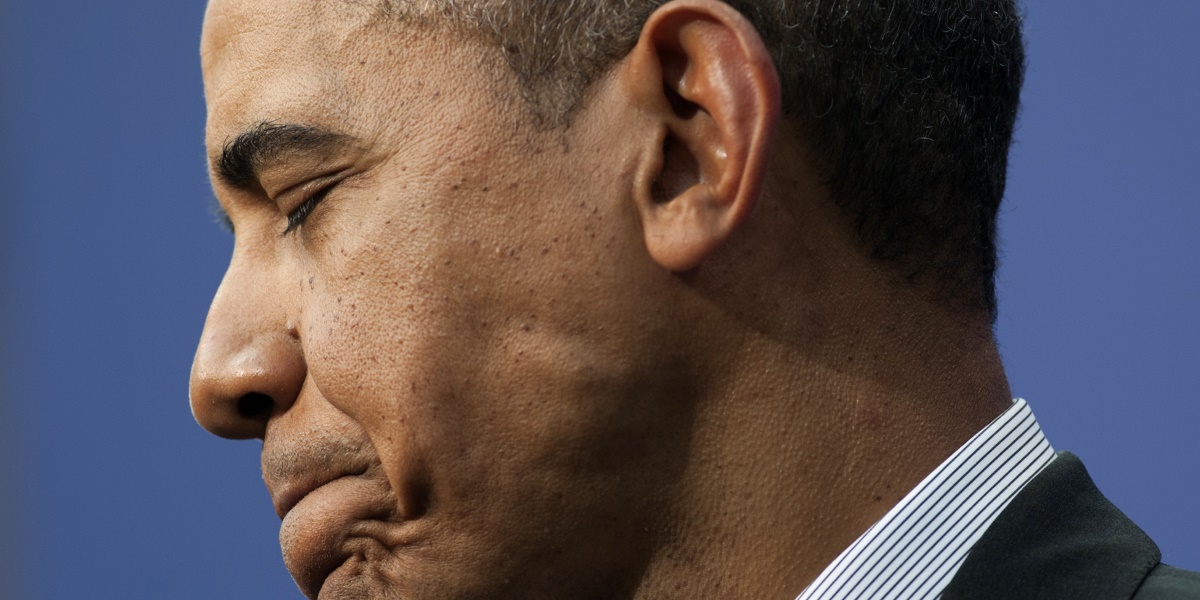With the Jarablus operation kicking off last week, Turkey is now involved in the Syrian crisis that has been ongoing since March 2011 with new tools and a distinctive approach. Intervening in the field with armed forces, Turkey has demonstrated that it is now one of the leading agents that must be taken into account in the resolution of the Syria crisis.
The U.S. policy on the Syrian crisis, which is both poor and malevolent, has increased the costs of the crisis. As a result of the U.S.'s regional policy, the Assad regime was consolidated and the DAESH terrorist group flourished. Meanwhile, Russia and Iran found broad room for maneuver. Moreover, the outlawed PKK and Democratic Union Party (PYD) managed to form a state-like structure for the first time in their history. While all these developments were taking place, the U.S. criticized Turkey for "not sufficiently fighting DAESH."
The U.S. rendered the problem chronic and caused Turkey to be vulnerable to terrorist attacks. Remember that U.S. President Barack Obama once said during an interview that he resented President Recep Tayyip Erdoğan because he did not employ his great army to fight DAESH.
Throughout the process, the U.S. has constantly argued that local agents must take risks as a priority in the fight against DAESH.
While Obama was uttering those words and the U.S. media was engaging in campaigns suggesting that "Turkey condones DAESH," they knew that Turkey could not employ hard power.
Why? First of all, Turkey had serious diplomatic tension with Russia and so it was not possible for Turkey to make a military intervention against DAESH or any other terrorist group within the borders of Syria.
Second of all, the U.S. knew the structure of the Turkish Armed Forces (TSK) very well thanks to their "allies" inside. The U.S. Central Command Commander Gen. Joseph Votel said after the July 15 coup attempt that Washington's "allies" within the Turkish army are getting locked up, stating that he is concerned about U.S.-Turkish relations.
For this reason, U.S. Secretary of State John Kerry said five months ago that accountability and the regime in Syria are in the hands of Russia and Iran, almost suggesting Turkey fends for itself.
The U.S. knew Turkey's dilemmas and impossibilities. On the other hand, they did not abstain from pressuring Turkey in front of the world and provoking the non-national opposition within Turkey.
In this atmosphere, the PYD accelerated its activities targeting land west of the Euphrates River. The PYD was practicing its strategy of gaining ground under the pretext of "fighting DAESH" for a long time. Before that, it formed cantons in Cizre, Kobani and Afrin by taking advantage of the gap the Assad regime created, building a de facto sovereign base.
The PKK developed a new terrorism strategy against Turkey thanks to the possibilities created by the actual state in Syria. The goals to continue cantonization until it reaches Turkey's southeast and stirs an atmosphere of civil war in the country, were the main motivations of this strategy.
Of course, the political will in Turkey saw this process. The security apparatuses saw it, as well. Of course, I am only referring to the native and national ones.
The rest of them did their best to favor the PKK and undermine Turkey.
However, Turkey's national agents failed to reverse the process for the abovementioned reasons.
Turkey's willingness to employ hard power during that period was another issue. During that period, all the agents confronting us, from states to terrorist groups, knew that Turkey did not have the capacity for annihilation and deterrence. All of them acted in accordance with this assumption: DAESH, the Assad regime and their coconspirators in Turkey.
With the Jarablus operation, a new process has been initiated, which will also be harsh.
However, this time, Turkey will endeavor to uncover its real capacity instead of remaining helpless in this harsh process.
[Daily Sabah, September 2, 2016]







